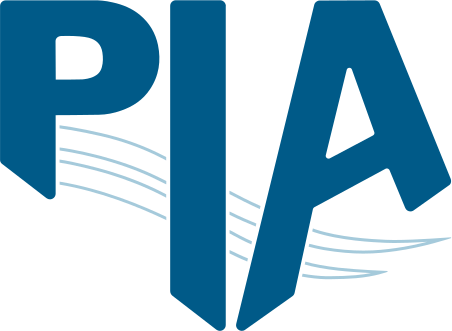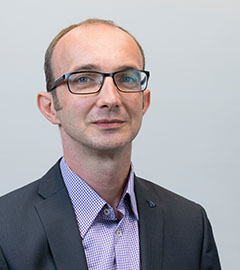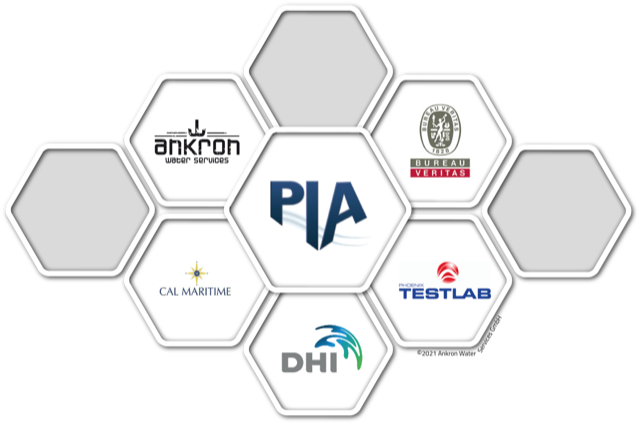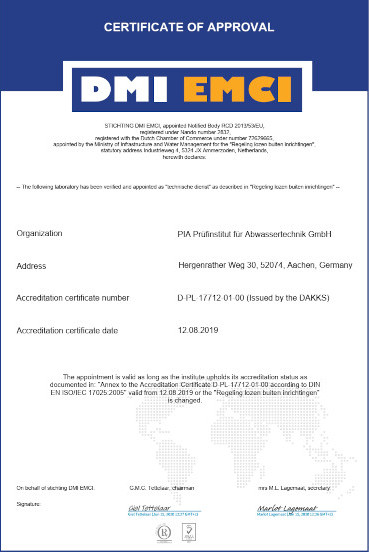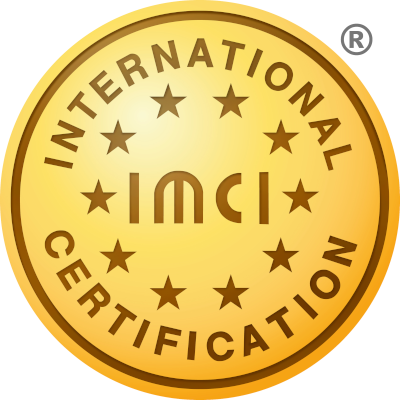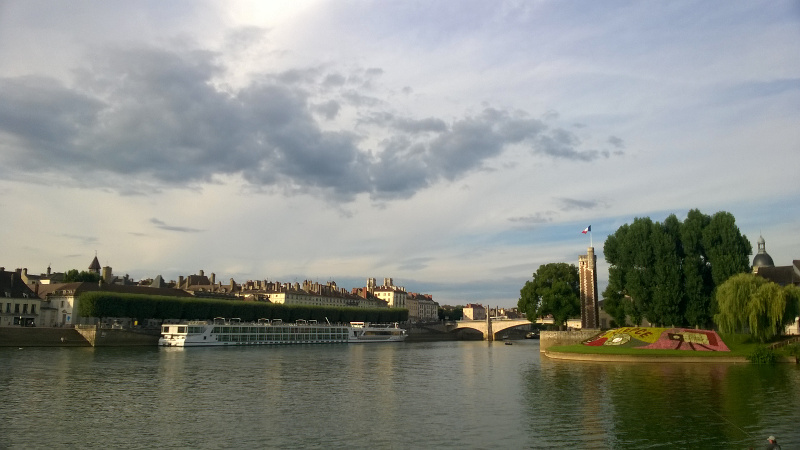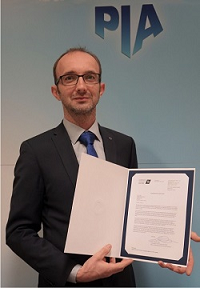Introduction
PIA provides independent testing services to the marine industry. Many years of experience in the field of water treatment and the international recognition of our tests by authorities and classification societies enable us to provide our customers with a high-quality service.
Our range of services includes the following business areas:
- Ballast Water Management Systems (BWMS)
- Sewage Treatment Systems (STP) and Marine Sanitation Devices (MSD)
- Oily Water Separators (OWS) and Bilge Monitors
- River Cruises Technical Service
- On-board Surveys, Sampling and Analysis
- Training
PIA GmbH is accepted by:
- the Ship Safety Division of the BG for Transport and Traffic (former See-BG) for testing of sewage treatment plants according to IMO Resolution MEPC.227(64) as amended by MEPC.284(70)
- the Central Commission for the Navigation of the Rhine as Technical Service for the approval of on-board sewage treatment plants according to article 18.10 of the European Standard laying down Technical Requirements for Inland Navigation vessels (ES-TRIN)
- the International Marine Certification Institute (IMCI) as recognized laboratory for testing sewage treatment systems for use on small craft according to ISO 8099-2
- recognized Technical Service by DMI EMCI as recognized Technical Service for testing sewage treatment systems for use on small craft according to the Dutch regulation “Regeling lozen buiten inrichtingen”
PIA GmbH is accepted by the United States Coast Guard:
- as a Recognized Facility for evaluating, inspecting and testing marine sanitation devices for compliance with the standards and regulations in 33 CFR Part 159 as promulgated under section 312 of the Clean Water Act (33 U.S.C. 1322)
- as a Qualified Facility for evaluating, inspecting and testing of sewage treatment plants for compliance with the standards and regulations in IMO Resolution MEPC.227(64) and in 33 CFR Part 159 as promulgated under section 312 of the Clean Water Act (33 U.S.C. 1322)
- as a Recognized Facility for collecting and testing effluent in certain Alaskan waters from cruise vessel operations for compliance with the standards and regulations in Subpart E to 33 CFR Part 159 as promulgated under section 1(a)(4) in Pub. L. 106-554
- as a Designated Facility for performing approval testing on pollution prevention equipment (PPE) for compliance with the standards and regulations contained in IMO Resolutions MEPC.107(49), MEPC.108(49) & MEPC.240(65) and 46 CFR 162.050, as promulgated under the Act to Prevent Pollution from Ships (33 U.S.C. 1901 et seq.). PPE includes 15 ppm bilge separators and 15 ppm bilge alarms.
- as an Independent Laboratory (IL) for testing Ballast Water Management Systems (BWMS) for compliance with the standards and regulations in 46 CFR 162.060
